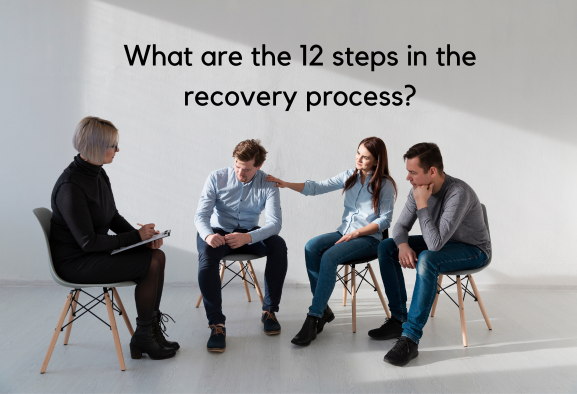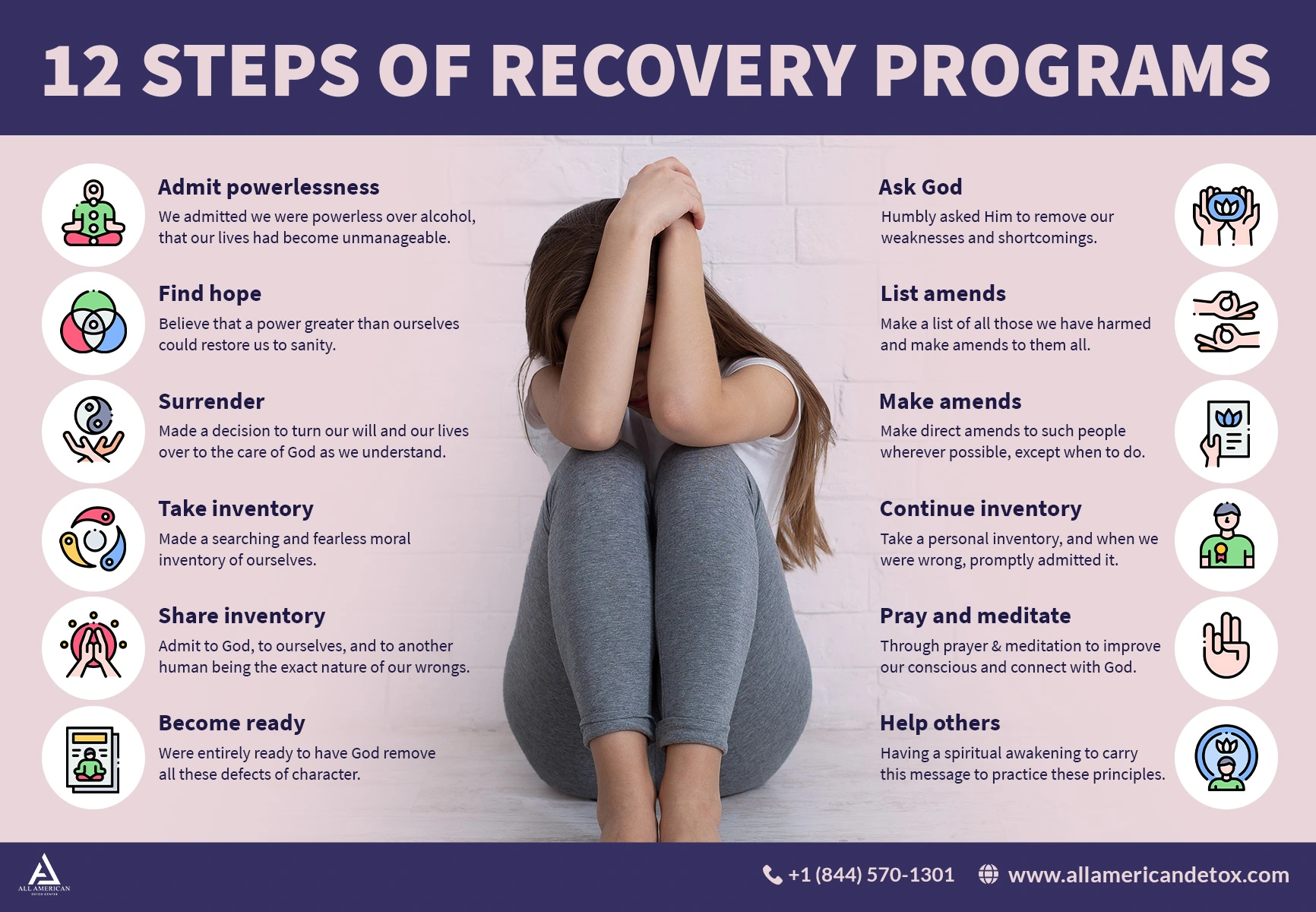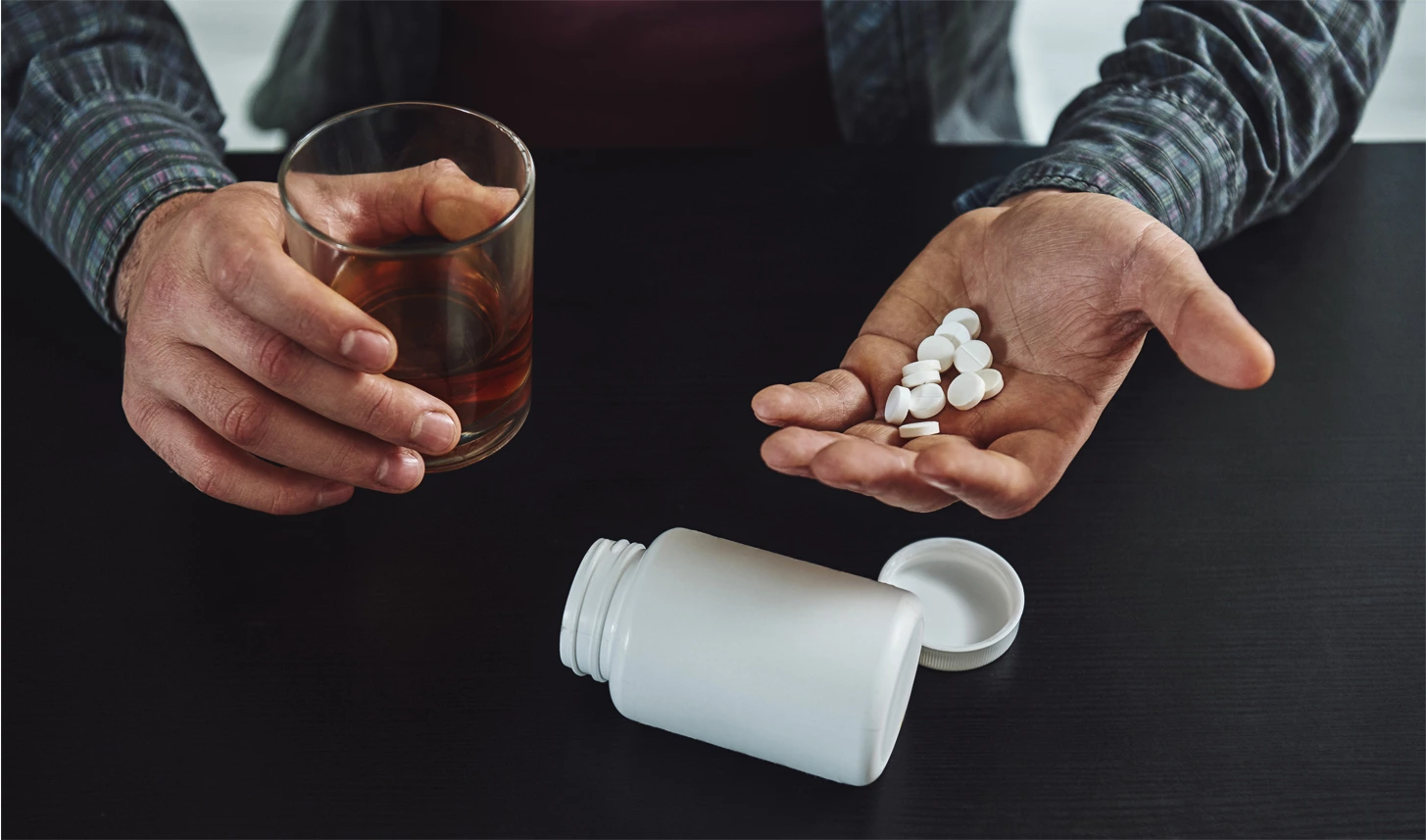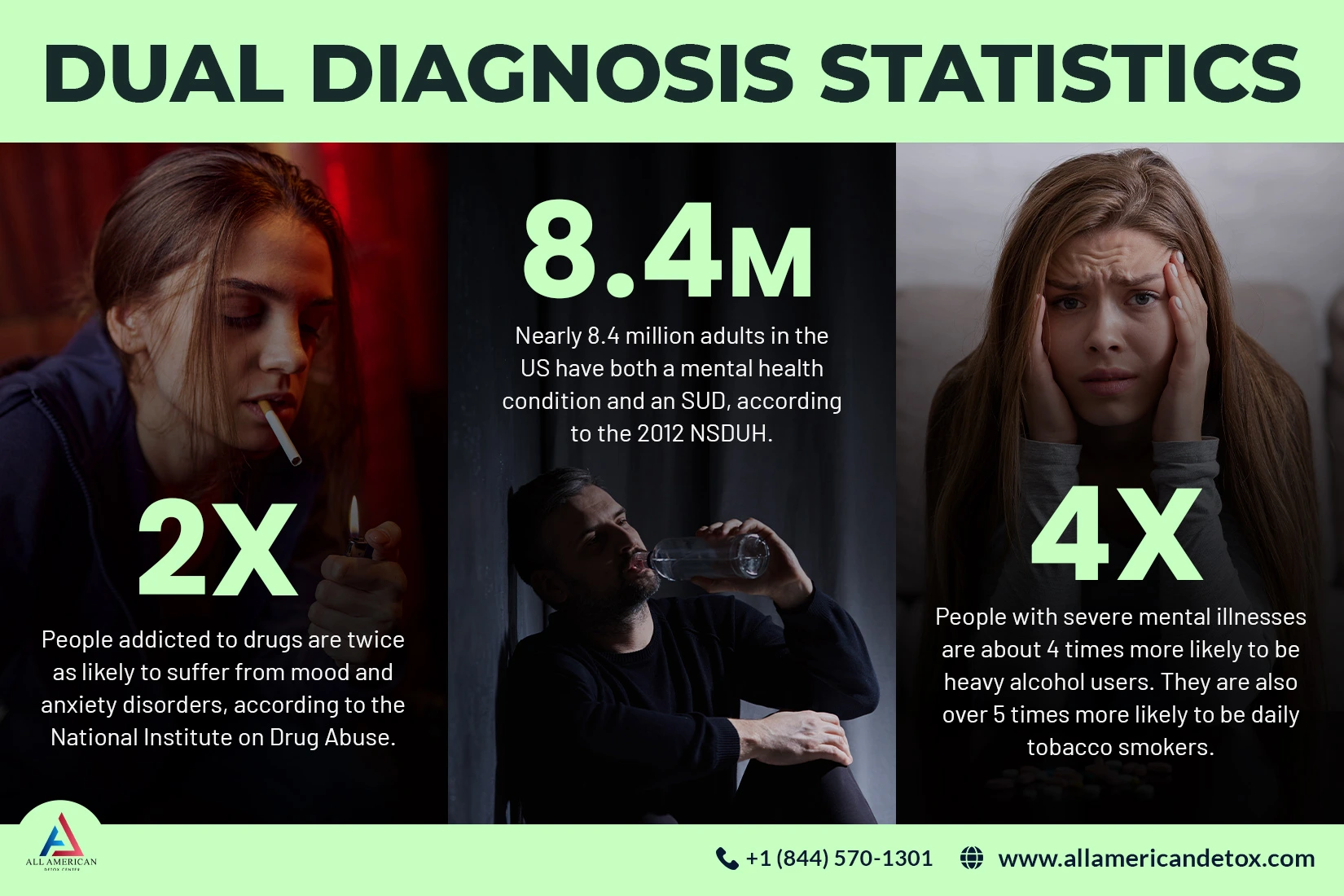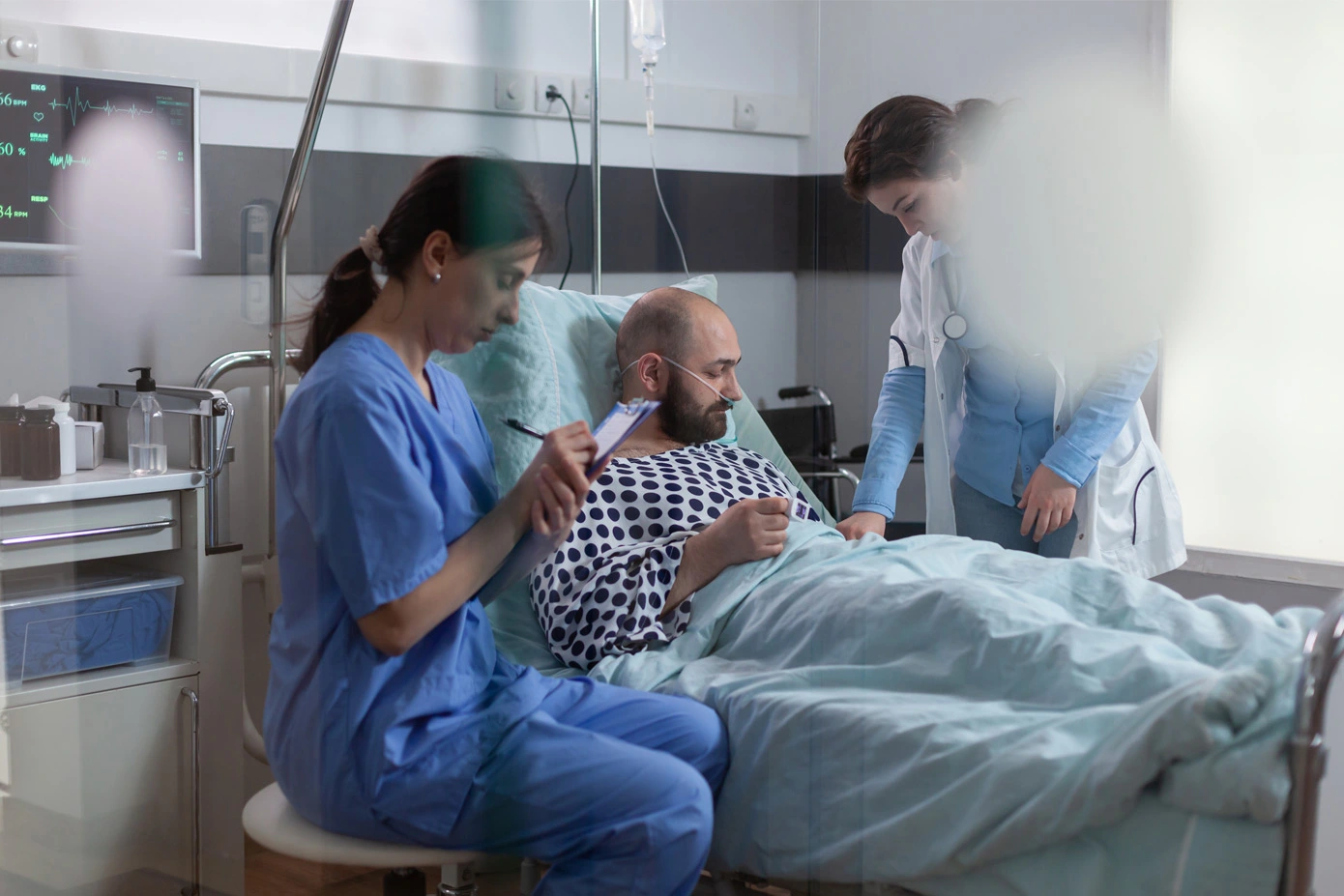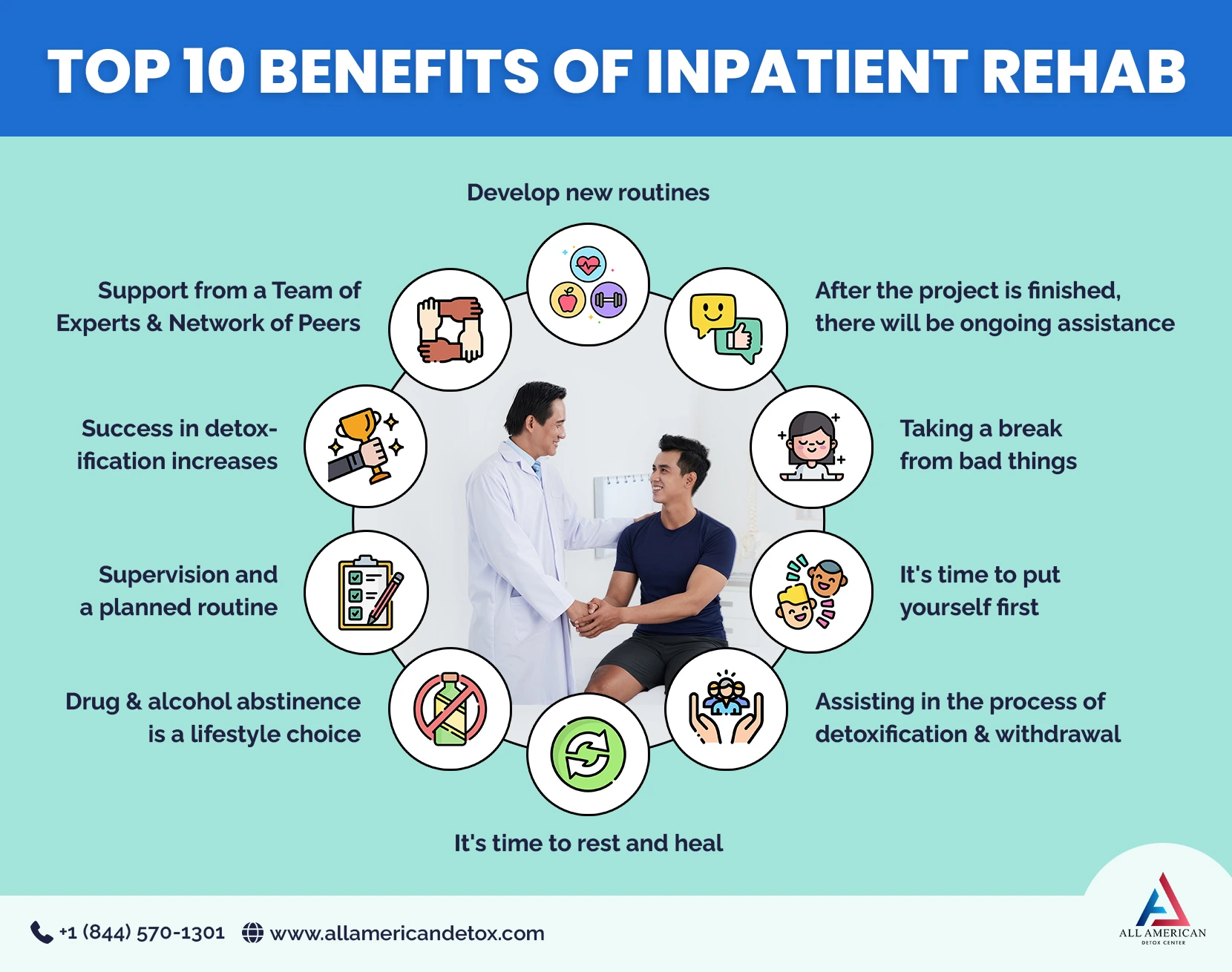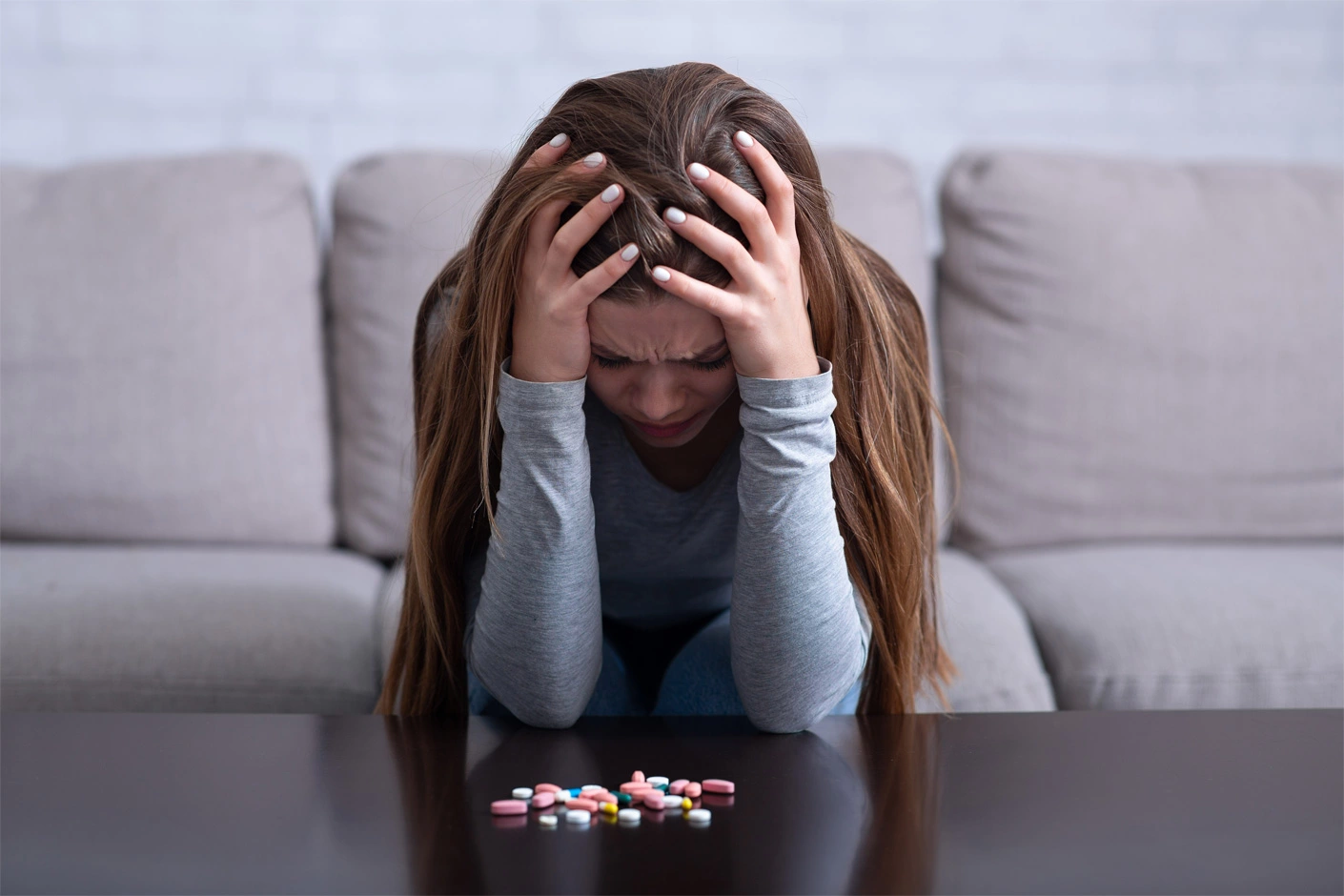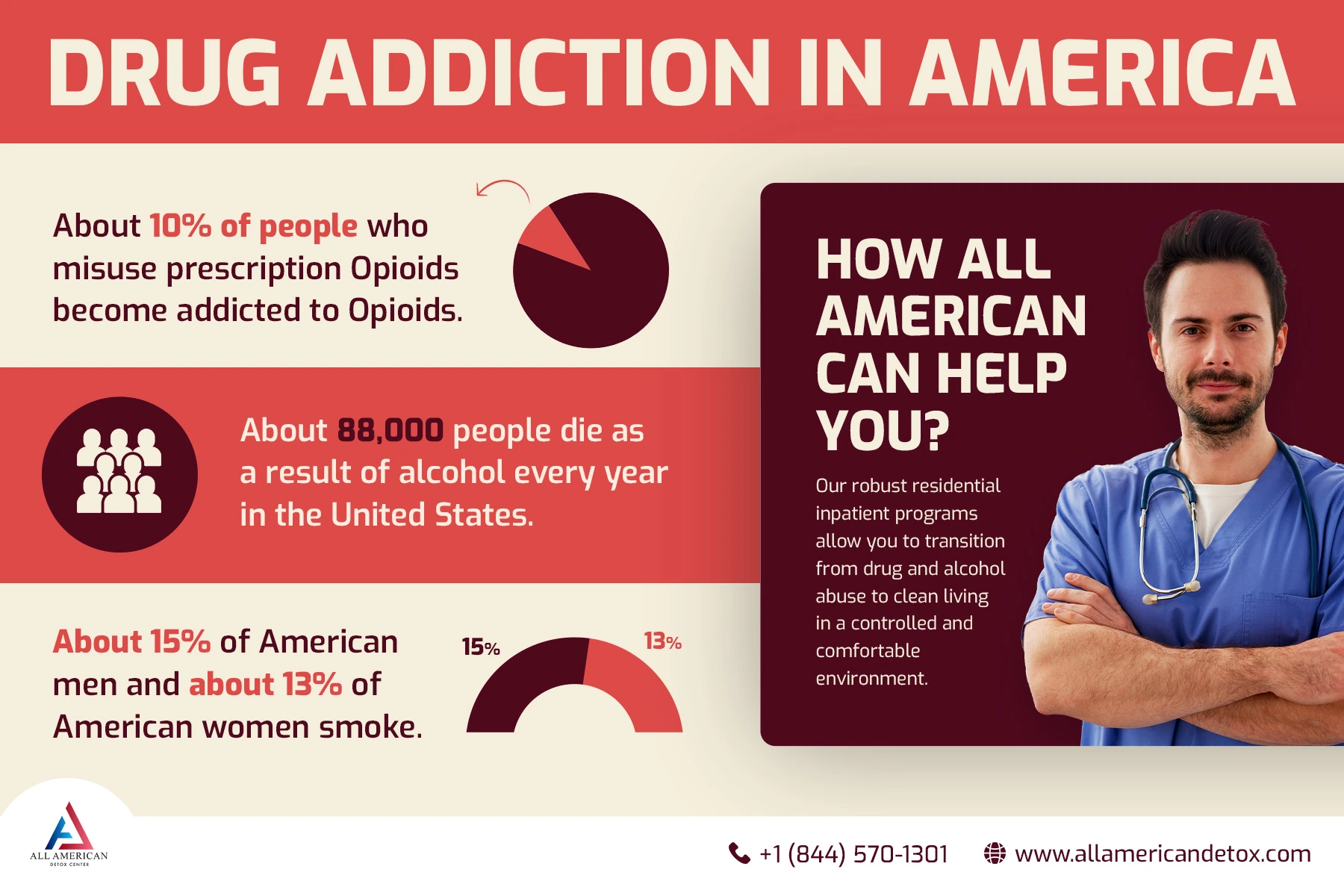An Introduction to Addiction
Addiction is a disease that affects the brain. An addict has an intense focus, also known as an obsession, with a substance. The brain doesn’t care if there are negative consequences to the actions of doing drugs or consuming alcohol. This is why society generally views addicts as people who lack self-control but unfortunately, addiction runs much deeper than that. After all, if overcoming addiction was just a matter of teaching self-control, don’t you think there would be a lot fewer drug addicts in the world?
At All American Detox, we know how torturous and devastating addiction can be. We know that no one chooses to be an addict. No one actively chooses to lie to family and friends about their behavior, feel like they have no purpose in life other than getting high, and become in dire financial stress.
We’re dedicated to helping anyone we can who is battling addiction. We know every addict deserves the opportunity to get their life back. Today we’d like to discuss the many benefits of residential inpatient rehab and how it can help you overcome your addiction for good.
Residential Inpatient Treatment Explained
Since addiction is a disease that looks a little different for everyone, there are multiple treatment options. Inpatient treatment is proven to be one of the more successful routes. During inpatient treatment, our clients remove themselves from their normal surroundings so they can focus 100% on recovery. This is one of the most responsible things an addict can do for themselves. This is one of the few instances in their lives where they can and should put themselves first.
Upon checking into inpatient, our clients undergo a comprehensive evaluation to determine the right course of treatment for them. Then, depending on what substance you’re addicted to, you’ll go through detoxification. During this time, your body will get rid of all of its toxins. It can be extremely dangerous to try to detox on your own, we strongly recommend doing this at a treatment facility. At All American Detox Center, we will make you as comfortable as possible during this process. We will also monitor your vitals constantly to make sure you aren’t experiencing any serious health conditions as a side effect of withdrawing.
After detox, you will progress to inpatient treatment. You’ll live at our facility while attending various addiction treatment therapies. Depending on the course of treatment determined for you upon arrival, you’ll participate in individual and group therapy, cognitive behavioral therapy, dialectic behavioral therapy, family therapy, and more. You’ll learn how to live a substance-free life with different coping skills and tools taught during therapy.
Benefits of Inpatient Drug Treatment
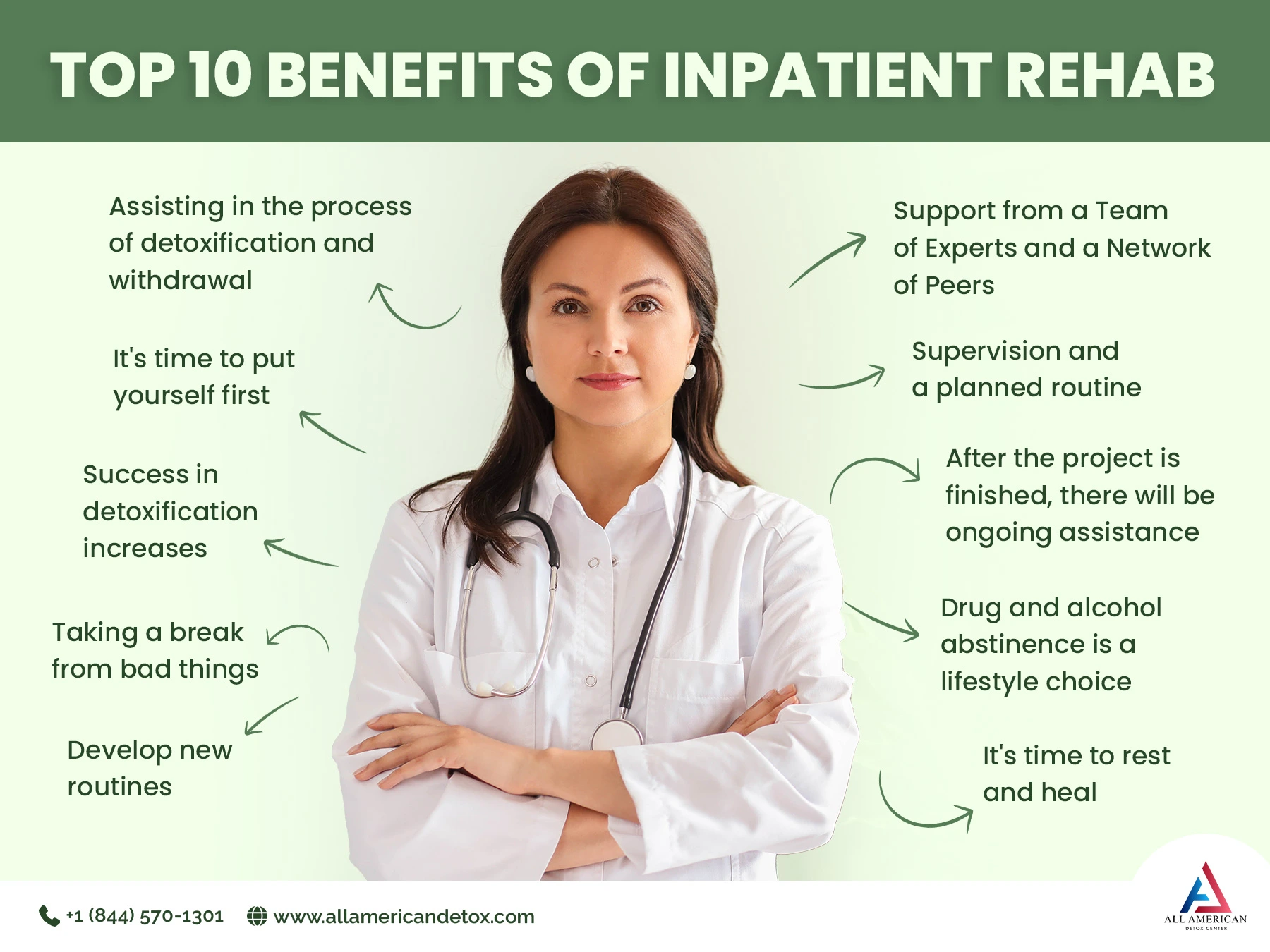
- Support of others: One of the biggest benefits of going to an inpatient treatment center is having the support of others. Getting sober can be intimidating because of the unknown. During inpatient, you’ll be surrounded by other people experiencing the same thing as you which can be really comforting. You’ll also be surrounded by addiction specialists 24/7 in case you have any questions or need anything.
- Focus: During this time you can focus 100% on treatment! You don’t have to worry about cooking your own meals, work, and other everyday stressors.
- Access to different therapies: Most people struggle to get better from addiction or any kind of mental illness because they don’t have access to the right help. During inpatient treatment, you’ll have multiple kinds of therapies to see which is the best fit for you.
How to Get Help
If you or someone you love is struggling with addiction, don’t wait to get help. The first step to seeking treatment is making the phone call. You can call our admissions line to get all of the answers to your questions. We’ll also go over insurance information and then coordinate the little details like transportation to our facility.
Let Us Help!
At All American Detox, we are a compassionate residential inpatient drug rehab. Our professionals provide detox, residential inpatient, outpatient, and aftercare treatment for addiction. This comprehensive program is designed to work with individuals recovering from addiction from start to finish. Our programs blend traditional treatment techniques and modern therapies, tailoring our plans to meet the individual needs of our clients. Call us today to learn more about how we can help you with drug abuse and alcoholism!



